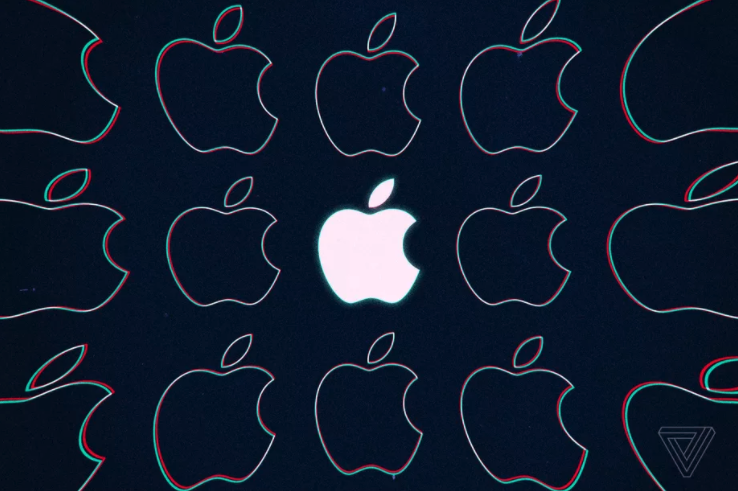Apple is now a $2 trillion company – The Verge

|
Getting your Trinity Audio player ready...
|
SOURCE: James Vincent | The Verge
Apple has become the first US company to hit a market cap of $2 trillion. It’s an arbitrary milestone but a significant one all the same, testimony to the pandemic-defying performance of the iPhone maker. It’s also been just two years since Apple hit a $1 trillion market cap, meaning the company has essentially doubled in value in just over 24 months.
Apple is not the first company in the world to hit the $2 trillion benchmark. Saudi Aramco, the gas and oil giant headquartered in Saudi Arabia, did so first. Aramco briefly hit the $2 trillion mark in December 2019 but has since dropped below that figure as its stock price wavers. Apple surpassed it as the world’s most valuable company on August 4th, 2020.
Today, shares in the company crossed the $467.77 mark that gives Apple the $2 trillion valuation, as reported by the Financial Times. But they may well dip below that in future.
Shares in Apple have been on a tear for years, but they’ve performed particularly well in 2020, gaining by more than 50 percent, despite the disarray caused by COVID-19. The company’s stock has gained, on average, 3.5 percent every week since the beginning of June, reports The Wall Street Journal. And its share price jumped significantly after its most recent earnings report in July, where the company reported record sales and a total of $59.7 billion in revenue — up 11 percent compared to the same quarter last year.
But although revenues are booming, Apple is facing a string of regulatory headwinds regarding the ecosystem of apps that underwrite its hardware. Most notable of these is the legal challenge from Fortnite creator Epic Games, which is currently suing Apple for kicking Fortnite off iOS after Epic tried to circumvent Apple’s payment systems. Part of Epic’s complaint (and one echoed by many other companies who reach customers through Apple’s App Store) is that the company’s 30 percent cut on transactions is extortionate.
Along with Apple’s growing revenue from its services and its reported plans to launch various subscription bundles later this year, this shows how the iPhone maker’s future depends not just on its hardware, but on the software that keeps customers loyal. The iPhone got Apple to $1 trillion. Services, arguably, got it $2 trillion. What can keep it there?


